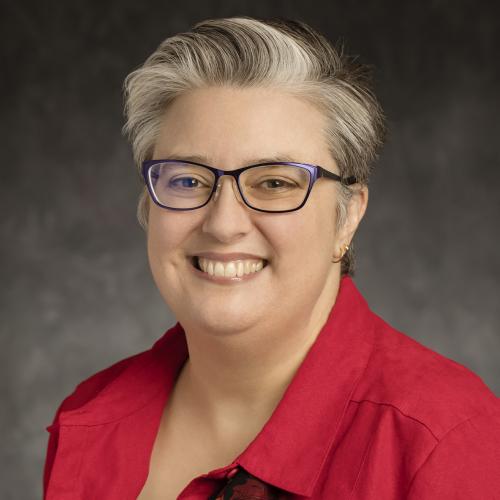Catherine Blake, GSLIS associate professor and associate director of the Center for Informatics Research in Science and Scholarship (CIRSS), presented a paper at the 2014 International Symposium on Inconsistency Robustness, held at Stanford University on July 29-31. The symposium connected an interdisciplinary group of researchers from around the globe to discuss concepts related to inconsistency robustness. This research community aims to develop technical systems that account for inconsistency rather than trying to eliminate or ignore it.
Blake presented the paper, "Biological responses to chemical exposure: Case studies in how to manage ostensible inconsistencies using the Claim Framework," which addressed the following issues (from the abstract):
Our daily decisions concerning which foods, drugs and substances to consume have a direct impact on level of exposure to chemicals. At the national level, policies set by the Food and Drug Administration and the Environmental Protection Agency impact both our direct and indirect exposures. Although the latter is based on the best available scientific evidence, all of these decisions are made against a backdrop of uncertainty. Consider the phrase median lethal dose (LD50), which is used in toxicology to capture the dose of a chemical that is required to kill half of the members in a given population. This measure embodies an intrinsic acceptance of inconsistencies in that it removes the need to explain why half the tested population dies at LD50 while the other half of the population survives. In addition to individual responses within the same study, differences between studies are inevitable when studying the highly complex and dynamic relationship between biological responses to chemical exposures, for example LD50 for acrylamide ranges between 85 and 1148. Our goal is to foreground this uncertainty, which can be hidden when taking only a global view of the biological responses to chemical exposure. To that end, we have developed the Claim Framework that captures how scientists communicate the results of their empirical study. The Claim Framework comprises four information facets (agent, object, change and dimension) that are pieced together to form five different claim types (explicit, implicit, comparison, correlation and observation). This paper provides case studies drawn from toxicology, medicine and epidemiology to illustrate how the level of abstraction provided by the Claim Framework is sufficient to capture experimental results from a variety of different study designs that are used to measure a biological response to chemical exposure.
